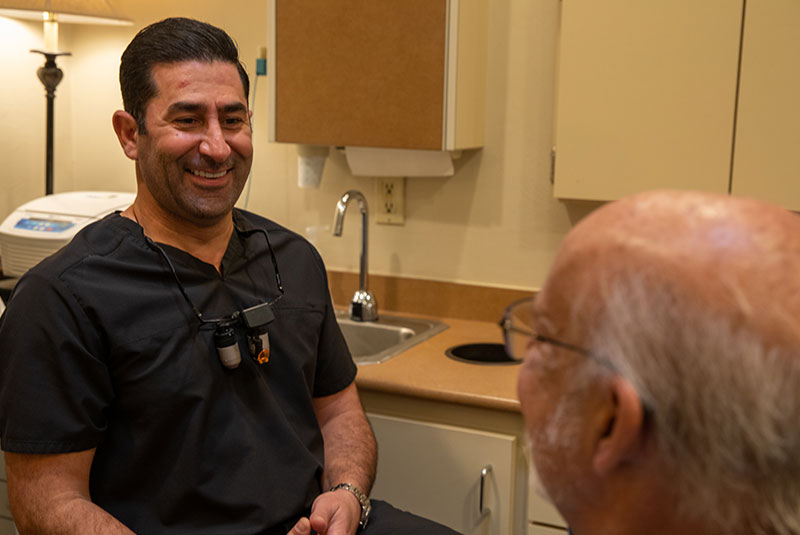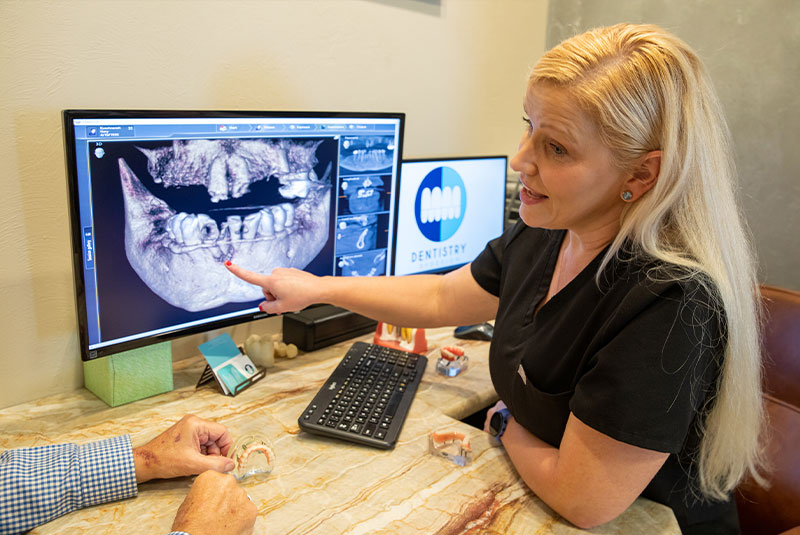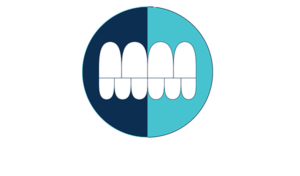

Do you wake up feeling unrested, even if you slept through the night? What about feeling jaw pain? Sleep apnea and Temporomandibular joint (TMJ) disorders are more common than you might think but are often overlooked even though they can significantly impact your overall health, comfort, and sleep. Sleep apnea causes repeated breathing interruptions during sleep, leading to chronic fatigue, headaches, and serious health risks like high blood pressure and heart disease.
TMJ disorder, which affects the jaw joint, can result in consistent jaw pain, difficulty chewing, and headaches, making everyday activities uncomfortable. Left untreated, both conditions can interfere with sleep patterns and overall well-being. At Dentistry By Design, we diagnose and treat sleep apnea and TMJ disorders with customized, non-invasive solutions to help you breathe easier, sleep better, and live pain-free!
Sleep apnea is a severe sleep disorder in which breathing repeatedly stops and starts while sleeping. The most common type is obstructive sleep apnea (OSA), which happens when the muscles in the back of your throat relax too much, causing your airway to become blocked. This blockage stops air from reaching your lungs, leading to pauses in your breathing that can last for a few seconds or even minutes.
These interruptions disrupt sleep and lower oxygen levels in the body. Left untreated, sleep apnea can increase your risk of serious health issues, like heart disease, high blood pressure, stroke, and diabetes. The constant strain on your body’s systems can have long-term effects, making it crucial to address the condition for better overall health.
The TM joint is the hinge that connects your jaw to the skull. It allows you to move your jaw up and down, side to side, and even forward and backward. Your TM joint is essential for everyday functions like talking, eating, and yawning.
When something is wrong with this joint, it can lead to TMJ disorder, causing pain and discomfort in the jaw, face, and neck. Several factors can contribute to TMJ disorder, like teeth grinding (bruxism), jaw misalignment, stress, injury, or even arthritis. These issues can lead to inflammation or muscle strain around the joint, making it harder to move your jaw without pain.
Jaw misalignment and airway obstruction are often closely connected. When your jaw is not properly aligned, it can affect the position of the tongue and the muscles in the throat, leading to partial or complete airway blockages, especially during sleep.
TMJ disorder can make it worse by causing your jaw to shift, contributing to your airway collapsing during sleep and increasing the chances of sleep apnea. Treating one condition, like improving jaw alignment or addressing TMJ issues, can help relieve pressure on the airway and reduce the possibility of airway obstruction. Addressing both problems together often improves jaw function and breathing, leading to better sleep and overall comfort!

Custom decompression appliances are devices tailored to fit your teeth and jaw, providing gentle support and alignment. These appliances alleviate pressure on the TM joint and reduce TMJ disorder symptoms, like jaw pain and headaches.
These appliances also help sleep apnea by repositioning the jaw to keep the airway open, preventing airway obstruction during sleep. Using custom decompression appliances, we can effectively treat TMJ and sleep apnea, improving your comfort and quality of life!
We use Botox injections to help relax the muscles around the jaw, reducing tension and alleviating pain caused by TMJ disorder. Lidocaine, a local anesthetic, is sometimes injected to numb the area, providing immediate relief from jaw pain and discomfort.
Prolo therapy involves injecting a regenerative solution into the affected areas, promoting healing and reducing inflammation in the TMJ. Combining these treatments provides long-lasting relief, improves jaw function, and makes life much more comfortable.

Privacy Policy |© All rights reserved